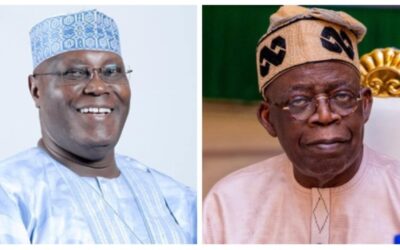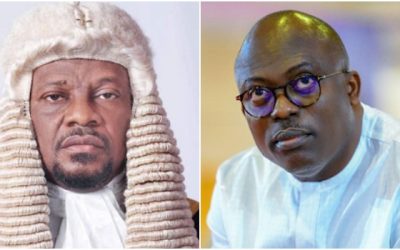
Nigerians Reject Pay Rise For Tinubu, Shettima, Akpabio, Others
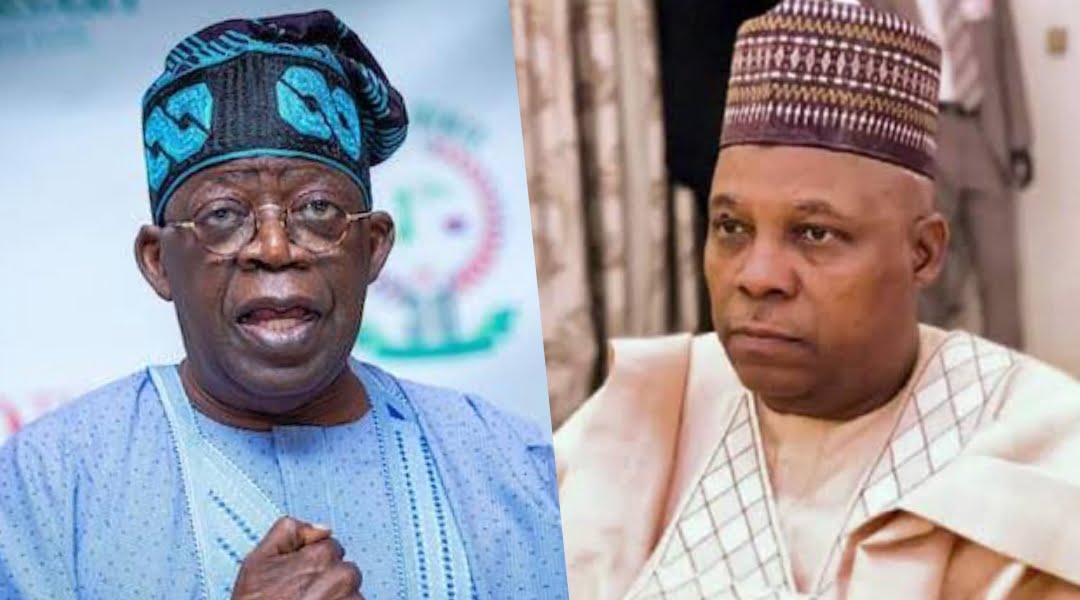
The Nigerian Government is considering an upward review of salaries for political office holders, following concerns that their current earnings are inadequate and outdated.
The Chairman of the Revenue Mobilisation Allocation and Fiscal Commission (RMAFC), Mohammed Shehu, disclosed this at a press briefing in Abuja on Monday.
Shehu noted that President Bola Tinubu presently earns N1.5 million monthly, while ministers receive less than N1 million — figures that have remained unchanged since 2008.
“You are paying the President of the Federal Republic of Nigeria N1.5 million a month, with a population of over 200 million people. Everybody believes that it is a joke,” he said.
He further argued that the disparity between political office holders and heads of federal agencies was unjustifiable, pointing out that some agency chiefs earn up to twenty times more than ministers or even the Attorney-General of the Federation.
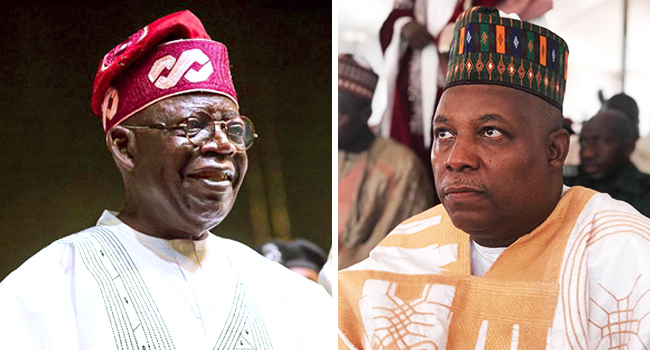
However, the move has stirred fresh controversy in a country where workers are still demanding a living wage, with millions of Nigerians struggling under inflation and rising poverty.
Observers believe the development has reopened debate about leadership, public trust, and the true cost of governance in Africa’s largest democracy.
Although the minimum wage in Nigeria is currently pegged at N70,000 per month, as approved by the federal government and some state governments, not all states have implemented it, especially for local government workers and primary school teachers.
Recall that in 2022, the National Bureau of Statistics (NBS) revealed that over 133 million Nigerians live in poverty — representing 63 per cent of the nation’s population.
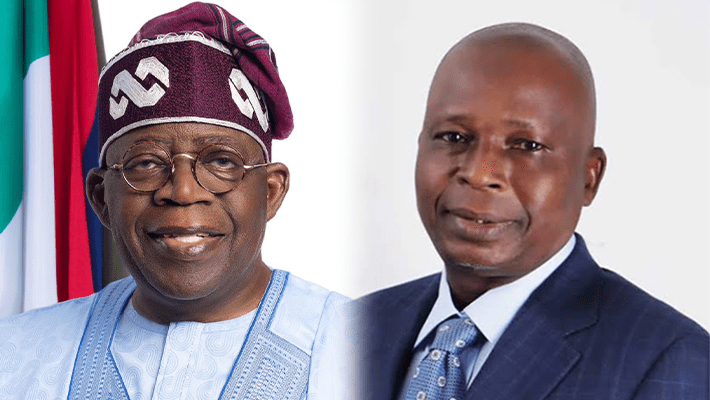
The NBS report noted that deprivation remains high in sanitation, healthcare access, food security, and housing. Poverty is also more severe in rural areas, where 72 per cent of people are poor, compared to 42 per cent in urban centres.
In the same year, Nigeria’s academic and non-academic unions embarked on an eight-month strike to demand better welfare and increased funding for universities.
Yet, investigations show that little has changed in the funding of tertiary institutions and the welfare of varsity workers since then.
Dr. Samson Simon, an economist with ARKK Economics and Data Limited, also faulted the proposal, insisting that political office holders were already among the best-compensated in the country.
He stressed that lawmakers in particular are already earning far above global averages.
“I don’t think it’s reasonable in the sense that if you are looking at the compensation, the emoluments that political office holders get, sometimes not necessarily the basic salary, other means of compensation have largely kept pace with inflation and devaluation.
“I feel they are focusing on the wrong people. The classroom teacher, the college professor, the nurse in the hospital, the policeman, and the soldier fighting insurgents are those who deserve higher pay that reflects current realities, not politicians,” Simon said.
“For a federal lawmaker, senator, you’re talking about something in the region of N29 million on a monthly basis.
“What actually comes to him is in the region of N30 million a month. If you change it to dollars, that’s about $20,000 monthly.
“In a year, that comes to around $240,000. How many lawmakers in the world, in the richest countries, collect $240,000?” He queried.
According to him, such disparities show that Nigeria is “not setting its priorities right,” adding that it only attracts people into politics for money rather than service.
Simon continued: “Why do you pay a primary school teacher a tiny fraction of that and expect results? It doesn’t make sense to prioritise the compensation of political office holders while civil servants suffer and struggle to survive.
“Any review of compensation should reflect the cost of living for all Nigerians, not just politicians. Advertising the welfare of politicians ahead of other Nigerians is simply wrong priority.”
The President of the Civil Rights Realisation and Advancement Network (CRRAN), Olu Omotayo, described the proposal as deceptive.
READ ALSO: FG Mulls Pay Rise For Political Office Holders, Says Tinubu Earns ₦1.5m Monthly
Omotayo added that public trust in leadership had eroded because leaders live “entirely at the expense of government” while the masses are left to struggle.
“It’s just a deception because most public officers in this country are not living based on their salary. All those entitlements, everything is on government expense.
“If they are traveling outside the country, there’s a travel allowance. And within the country, they get traveling allowance too.
“So salaries are not even the issue. The issue is how to cut the expenditure and allowances. A government officer will be going outside the country and you will see the amount of money that will be earmarked for such travel. Those are the loopholes the government is supposed to block, not deceiving us with salary increases,” he said.






